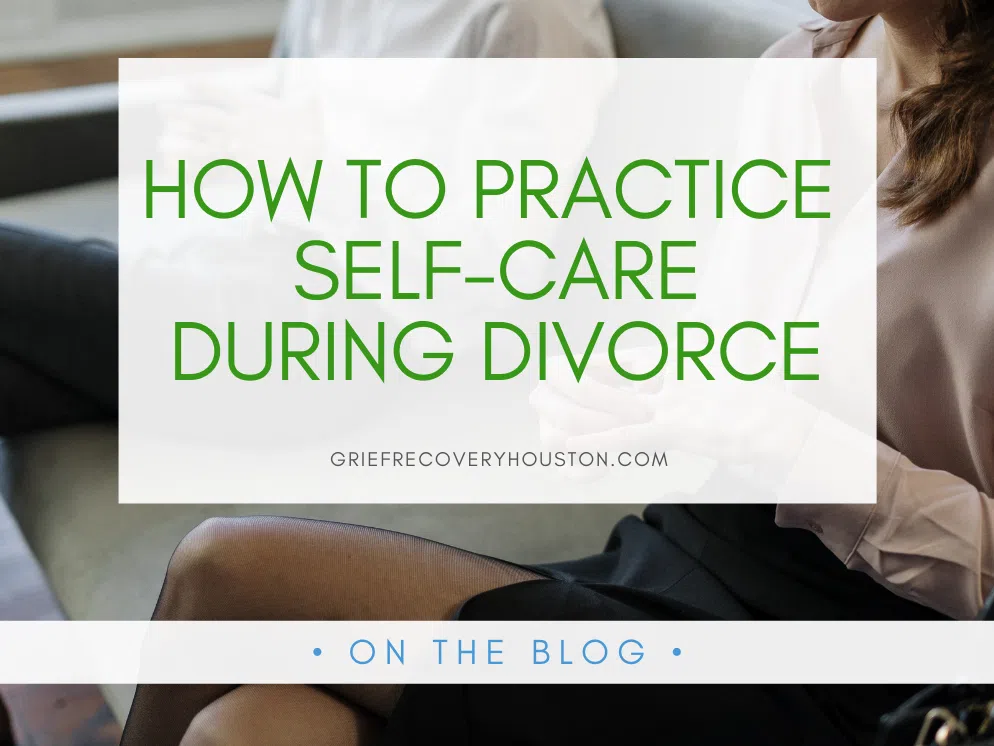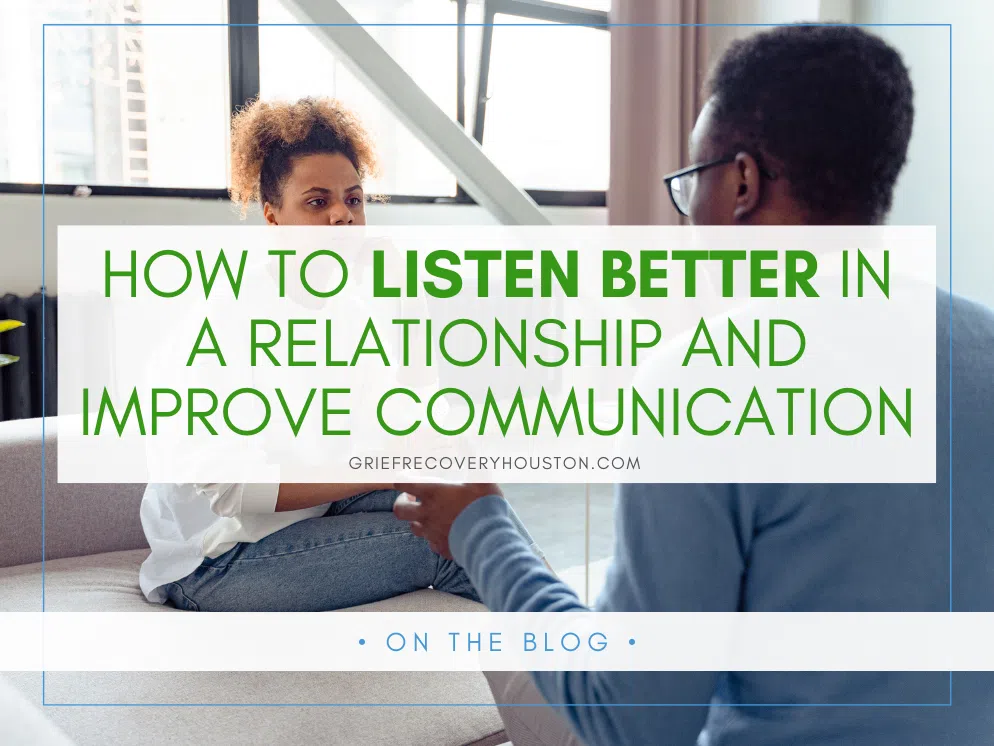- Unpacking Grief and Disability - July 8, 2024
- Breaking the Stigma: 5 Blogs to Better Understand Suicide - May 21, 2024
- 4 Tips for Better Sleep Hygiene - March 4, 2024
Every relationship will have ups and downs, that’s just the nature of being close with other humans. We all have our own thoughts, feelings, experiences, and values, so sometimes interacting with others, especially ones you’re close to, can lead to miscommunications and hurt feelings. It’s never fun to have an argument with someone you care about. 
We often hear that fighting or arguing in romantic relationships is normal, but how do you know what is everyday arguing and what is over the line into something harmful? An argument can often indicate that there’s a need for more communication, or that you and your partner have a level of intimacy that a simple argument won’t disrupt. Disagreements are natural, and it’s okay if you and your partner don’t always feel the same way.
Do you want to strengthen your relationship? Knowing your partner’s love language is essential to understanding their needs, feelings, and desires. This article: Why Knowing Your Partner’s Love Language Matters, will explain why it is important to recognize your partner’s love language, and how to find out what it is. Discover why knowing your partner’s love language matters for a strong, healthy relationship.
When do arguments turn harmful in relationships?
There are some things that you and your partner may never see eye to eye on. That doesn’t mean that you can’t have a happy healthy relationship with them. It just means that you need to learn how to disagree respectfully. It can also be helpful to know what the signs are of relationships that are becoming unhealthy.
Boundaries are an essential part of any healthy relationship, yet many people struggle to set them effectively. This can lead to feelings of resentment, frustration, and even conflict. In this blog post, How to Set Healthy Boundaries in a Relationship without Being Controlling, we’ll explore why setting boundaries can be challenging and offer practical tips and strategies for establishing and enforcing them in a way that promotes mutual respect and understanding. From identifying your own needs and values to communicating effectively with your partner and responding to boundary violations, we’ll cover everything you need to know to set healthy boundaries that support a happy, fulfilling relationship. Whether you’re dealing with an overbearing partner, navigating a new relationship, or simply looking to improve your communication skills, this post has the information you need to create a strong foundation for a healthy, respectful, and satisfying partnership.
Dr. John Gottman has been researching couples and relationships since the 1970s, and his research shows that there are 4 major signs of relationship trouble. These signs have been called “the 4 horsemen of relationships” because their appearance so often predicts the end of a relationship. These signs of relationships on the brink are contempt, criticism, defensiveness, and stonewalling.
If something your partner says to you falls in one of these categories that can be cause for concern, especially if it’s part of a pattern in the way they treat you. These signs all indicate that there is a major disconnect between the two of you that needs immediate tending to keep your relationship going.
We all have moments of anger and frustration where we say things we don’t mean. When it becomes a pattern, though, and when  your partner is unable to acknowledge and hold themselves accountable, it can mean your relationship is in trouble.
your partner is unable to acknowledge and hold themselves accountable, it can mean your relationship is in trouble.
Having a mental health issue can be difficult to manage, but getting help is always the best option. If you or someone you know has uncontrollable anger, an anger management class can help keep the symptoms at bay.
Here are 4 things your partner should never say to you in an argument.
Criticism
Criticism is different from complaining. A complaint is about something specific (like that your partner forgot to pick up some milk on the way home) whereas criticism is directed toward who they are as a person (like that they never listen to you when you talk to them).
Are you trapped in the aftermath of infidelity, unsure whether to stay or walk away? Find the answers you seek in our blog post: “When To Walk Away After Infidelity: 7 Signs It’s Time to Leave” where we delve into the key indicators that can guide your decision-making process.
Instead of bringing up a problem that can easily be solved, criticism often turns every issue into a character flaw on behalf of one partner. Complaining is to the point, and complaints have solutions. Criticizing doesn’t have a solution, all it does is make one partner feel attacked and hurt.
Examples of Criticism in relationships
- “You always do this because you’re lazy!”
- “You never listen to me.”
- “You’re always making excuses!”
- “You never consider my feelings.”
Contempt
Contempt is a major red flag in relationships. Contempt is when one partner disregards or actively belittles the other partner. Basically, contempt is when one partner treats the other one like they don’t matter.
These behaviors come up when there is deep negativity toward your partner, usually for a long period of time. The point of contempt is to make the other person feel worthless. It goes further than criticism in that contempt is often an attempt to make one partner feel like they’re better than the other, which can lead to damaged self-esteem on the part of the belittled partner.
Examples of Contempt in relationships
- Speaking mockingly or with sarcasm
- Being condescending to your partner
- Rolling your eyes at your partner
- Scoffing at things your partner says
- Calling your partner names
- Constantly correcting your partner
Defensiveness
 Defensiveness often comes up in response to criticism. When we feel like we’re being attacked or accused, defensiveness helps us deflect blame and head off the attack. It also helps us avoid responsibility – which can have serious relationship consequences.
Defensiveness often comes up in response to criticism. When we feel like we’re being attacked or accused, defensiveness helps us deflect blame and head off the attack. It also helps us avoid responsibility – which can have serious relationship consequences.
This often leaves your partner feeling like they can’t talk to you because you don’t take what they say seriously. When you feel like your partner isn’t hearing you or taking your concerns seriously, it can be heartbreaking and lonely.
Examples of Defensiveness
- Justifying your actions
- Trying to place blame on someone else
- Making excuses for behavior
- Bringing up things from the past instead of focusing on the current issue
- Accusing the other person of something
Stonewalling
Stonewalling often happens in response to contempt. This is when one partner shuts down instead of continuing in the conversation. This can be by refusing to talk or by physically leaving for another location. This often happens when one partner is feeling completely overwhelmed by the emotional intensity of what is going on.
Tuning out or removing yourself from the conversation can give you a distraction from the pain you’re feeling in your relationship. However, it also means that you and your partner can’t come together to figure out a solution that works for your relationship.
You may sometimes feel lonely in your relationship. Everyone occasionally feels that way. When you do, try these ways to make yourself feel less alone: Overcoming Loneliness In A Relationship
Examples of Stonewalling
- Giving the silent treatment
- Avoiding eye contact during a conversation
- Walking away or leaving in the middle of a discussion
- Pretending to be busy or distracted
- Defensive or aggressive body language, like crossed arms or eye rolling
- Making light of your concerns or needs
 Each of these behaviors – criticism, defensiveness, contempt, and stonewalling – is a sign of something being seriously wrong in a relationship. If your partner displays any of these behaviors during an argument, consider working with a couples counselor. Couples counseling can help you find a way to relate to each other more positively.
Each of these behaviors – criticism, defensiveness, contempt, and stonewalling – is a sign of something being seriously wrong in a relationship. If your partner displays any of these behaviors during an argument, consider working with a couples counselor. Couples counseling can help you find a way to relate to each other more positively.
Relationships are ideally based on love and mutual respect and when those break down, it can be hard to know how to move forward. Our couples counselors can help you and your partner find more effective ways of relating to one another so you can feel like you’re on the same team again instead of stuck in an endless argument.






No comments yet.